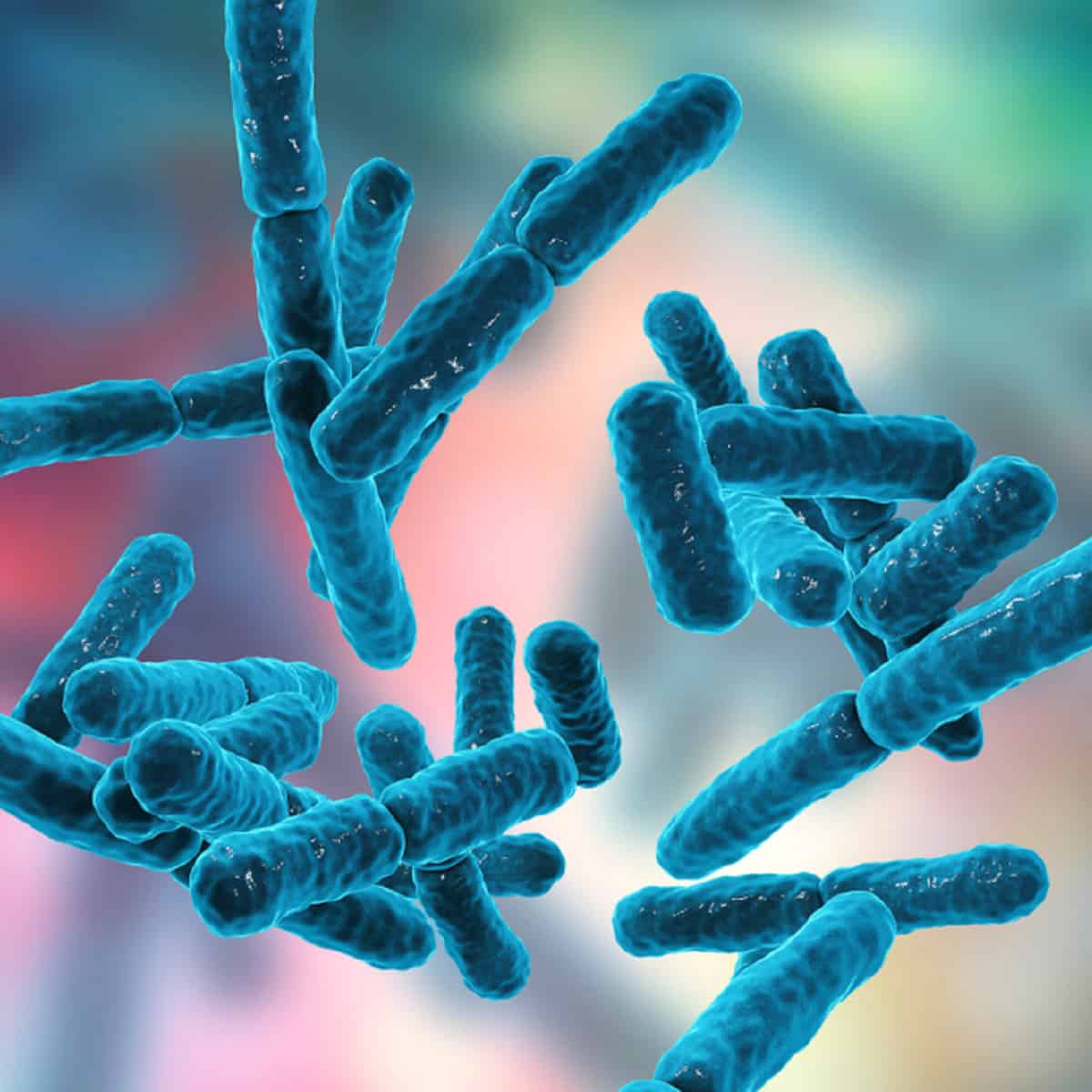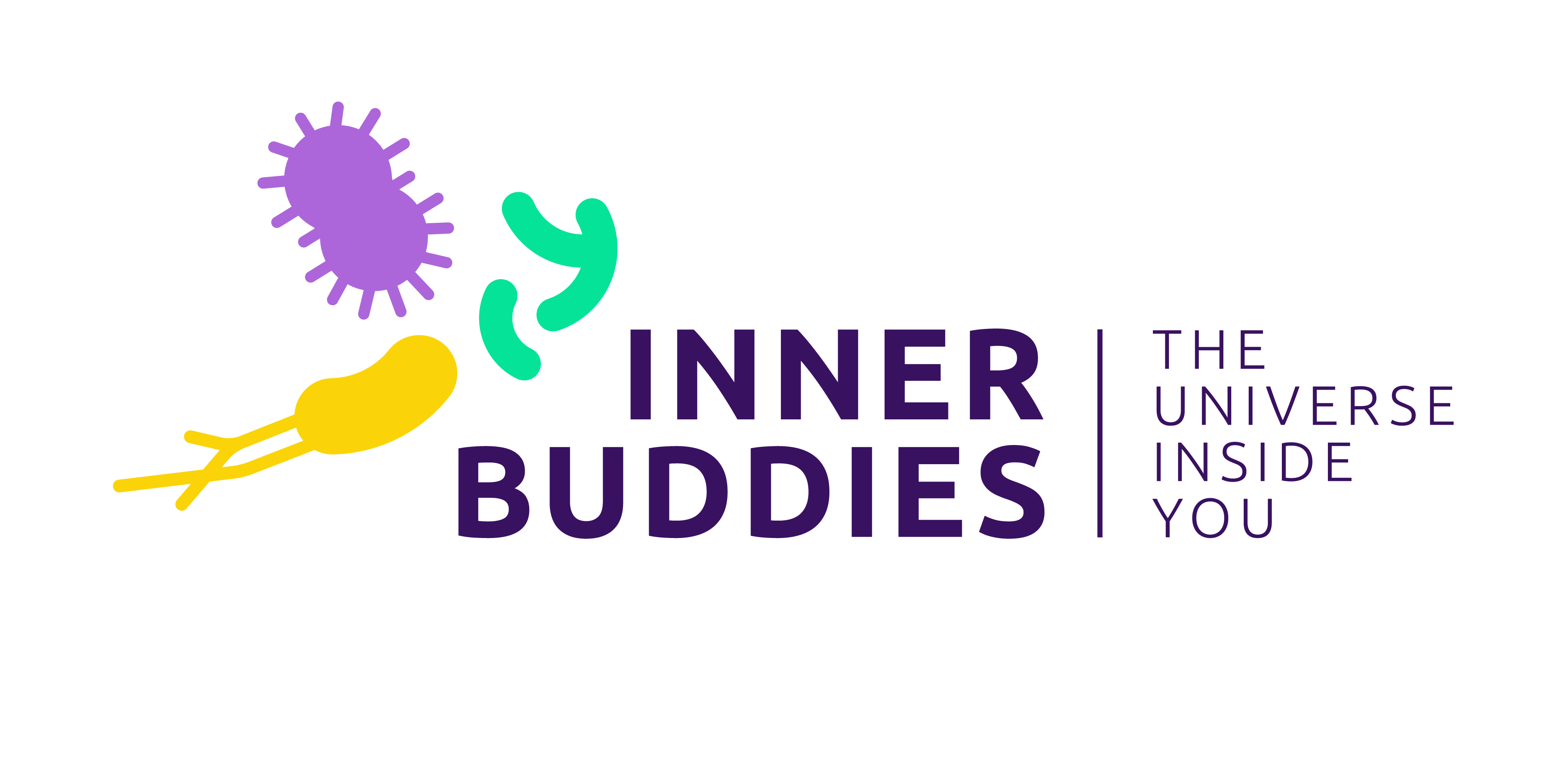
Analysis and Procedures

Lab procedures
To map the intestinal microbiome, we use 16S-rDNA sequencing to identify the bacterial composition in stool samples. Our software recognizes specific DNA to determine the bacteria present. We focus on the top 35 relevant bacteria based on literature and our professor's expertise.
InnerBuddies partners with Maastricht University, utilizing their advanced laboratory for 16S-DNA sequencing. The university's lab, equipped with the latest technology, is staffed by dedicated and regularly trained analysts. We also compare individual gut microbiomes with the research population.

Strenghten your wellbeing
There is no question that our health is important to us, and each person's well-being is unique, including the distinct composition of gut bacteria.
Through our analysis, we introduce you to your inner buddies—the one-of-a-kind bacteria in your gut. Understanding these buddies reveals your gut's strengths and weaknesses. More importantly, you discover how specific foods can positively impact them. By promoting "good bugs" and minimizing "bad bugs," you cultivate a healthier gut environment, enhancing overall well-being.
Why miss the opportunity to know your own buddies and optimize their care?

Strong correlation with diseases
Your inner buddies play a significant role in nutrient uptake, vitamin synthesis, energy harvest, inflammatory modulation, and immune system response, collectively contributing to human health.
Scientific evidence shows a correlation between an imbalance in your gut (dysbiosis) and a variety of disorders such as colon cancer, obesity, overweight, diabetes, inflammatory bowel disease, irritable bowel syndrome, cardiovascular disorder, and even neurobehavioral disorders through the gut-brain axis such as autism, dementia, stress, and more.
How this correlation works remain unclear, driving our ongoing research. Your assistance is vital, as the microbiome's connection to various diseases inspires our work in this field.

Gut health and your diet
Humans coexist with microbes in and on various body parts like the mouth, gut, and skin. The gut, however, hosts the highest bacterial count and plays a vital role in our overall health.
The gut bacteria plays a key role in food digestion, protect against pathogens, boost the immune system, and synthesize essential products like vitamins and hormones.
The gut microbiome's composition evolves with age, diet, and overall health. Other influencing factors include geography, malnourishment, race, ethnicity, socioeconomic status, and medication use.

Take care of your gut
There are several studies performed examining the key roles of the gut microbiome:
- Direct defense against pathogens.
- Strengthening of immune system by its role in developing and maintaining the intestinal wall and inducing antibody (protective proteins) production there.
- Breakdown of indigestible foods into digestible foods and production of beneficial substances, namely Short Chain Fatty Acids (SCFAs) such as butyrate, lactate, and acetate.
Studies also show the role of gut bacteria on the gut-brain axis by several mechanisms. This is one explanation for why our gut can influence our moods.

